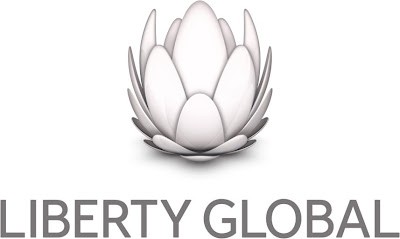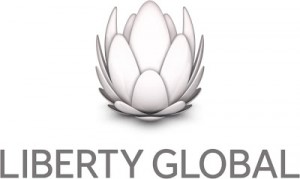 Independent television in Great Britain may soon be in the hands of U.S. citizen John Malone, former cable magnate and head of the giant Liberty Global cable and entertainment conglomerate that has swept across western Europe through a series of mergers and buyouts.
Independent television in Great Britain may soon be in the hands of U.S. citizen John Malone, former cable magnate and head of the giant Liberty Global cable and entertainment conglomerate that has swept across western Europe through a series of mergers and buyouts.
Deregulation has allowed the prospect of Britain’s biggest independent network, dwarfed only by the BBC, to soon be owned lock, stock, and barrel by Americans.
U.S. media conglomerates have already picked up the smaller Channel 5 network, purchased by Viacom in a surprise $757 million deal.
ITV produces an enormous number of television shows for its network of regional independent television stations across England, Scotland, Wales, and Northern Ireland. It is these productions that are attracting attention from content-hungry U.S. media companies.
 John Malone’s Liberty Global is seen as a leading contender, already owning a 6.4% stake in ITV acquired from BSkyB for $824 million. Liberty Global and Discovery Networks have maintained close association and jointly bid $930 million to acquire All3Media, the production arm of reality shows like “Undercover Boss.”
John Malone’s Liberty Global is seen as a leading contender, already owning a 6.4% stake in ITV acquired from BSkyB for $824 million. Liberty Global and Discovery Networks have maintained close association and jointly bid $930 million to acquire All3Media, the production arm of reality shows like “Undercover Boss.”
ITV’s own needs for programming have increased dramatically with the introduction of digital free-to-air television across the United Kingdom. ITV’s single network, operating for decades, is today accompanied by ITV 2, 3, 4, Citv, and Encore.
Malone hopes to build a European media empire, and has amassed holdings including a takeover of Virgin Media and cable systems in Germany and the Benelux region.
Malone has wooed some of ITV’s biggest investors — all American — including Fidelity, which has a nearly an 8% stake, BlackRock, with 4.9%, and the California hedge fund manager Brandes, which has 4.8%.
Malone may face other bidders, however, notably Comcast-NBCUniversal, which has not yet publicly revealed whether it is interested or not.
Another potential benefit of the transaction would be to allow its American buyer to avoid U.S. taxes by relocating their corporate headquarters to Great Britain in a controversial practice known as tax-inversion.


 Subscribe
Subscribe Although Charter Communications did not succeed in its bid to assume control of Time Warner Cable, it isn’t crying about its loss to Comcast either.
Although Charter Communications did not succeed in its bid to assume control of Time Warner Cable, it isn’t crying about its loss to Comcast either.
 Khan believes Malone laid his consolidation foundation with Liberty’s significant ownership interest in Charter Communications, from which he can build a new cable empire.
Khan believes Malone laid his consolidation foundation with Liberty’s significant ownership interest in Charter Communications, from which he can build a new cable empire. As Dr. John Malone positions his pieces on the cable industry’s chess board to win back the title of King of Big Cable, it is important to consider history.
As Dr. John Malone positions his pieces on the cable industry’s chess board to win back the title of King of Big Cable, it is important to consider history.